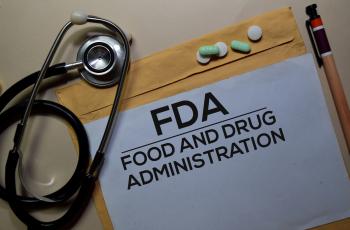Fewer Heart Attacks and Strokes after the NY Trans Fat Ban
When many of its counties banned trans fats a decade ago, the state of New York began a massive, real-world experiment with millions of participants.
After ten years of this “trial,” researchers have found impressive evidence that the ban led to significant decreases in heart attacks and strokes. While heart disease has been declining nationally, New York counties with trans fat bans saw an additional 6.2% decline compared to counties in New York without a ban. Data has been collected from these counties for more than ten years, but the researchers found that it took just three years for counties with trans fat bans to see significantly steeper declines in cardiovascular events (heart attacks and strokes).
Trans fats have been widely used in processed foods because they have a unique texture and a longer shelf life than liquid fats. The chemical process used to produce these solid fats from oils, called hydrogenation, creates a form of fat that more easily blocks arteries than liquid fats, in turn increasing the risk of heart disease. When trans fats were initially introduced, they were thought to be healthier than saturated fats and so became extremely prevalent. We now know that trans fats are closely linked to heart disease and obesity. Former New York City Mayor Michael Bloomberg was one of the first to demand a ban on the damaging fats. In December of 2006 the city passed what was, at the time, a controversial ban. Years later, consumers don’t recognize any changes, and chefs have found economical alternatives to the once-common trans fats.
In response to increased understanding of the risks associated with trans fats, the Food and Drug Administration plans a nationwide restriction that requires all food manufacturers to phase out trans fats by 2018. If the national policy has even half the effect seen in New York (that is, a 3% decrease in cardiovascular events) there would 46,000 fewer heart attacks and strokes per year in the United States. This is amazing news for the millions of people in the US with high risk for cardiovascular disease. We are thrilled to see the FDA take steps to block the use of products known to increase risk, especially when they can be readily substituted with less harmful liquid fats.
These results from New York also represent the power of regulatory action to improve public health. As we clearly see in New York, changing laws can save lives, especially when public awareness increases at the same time. We can’t help but be reminded of the soda tax movement that’s recently been making waves. Reducing the intake of sugary beverages has the potential for major implications for preventing diabetes, prediabetes, and obesity. Momentum is key in major health movements, and the data from the trans fat ban only strengthens our belief in the ability of policy to save lives on a massive scale.


